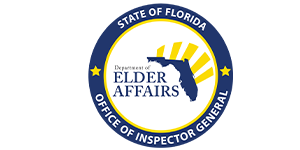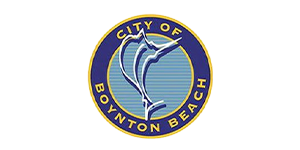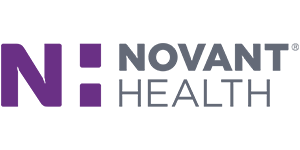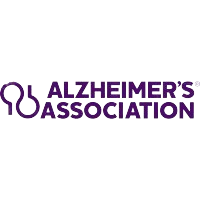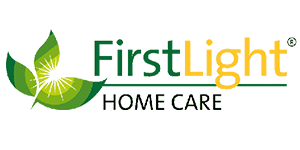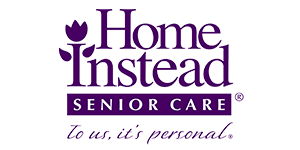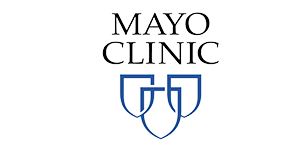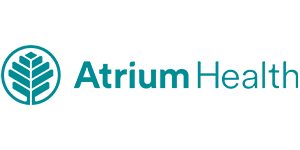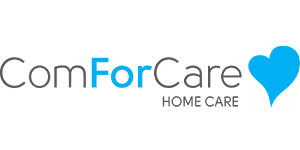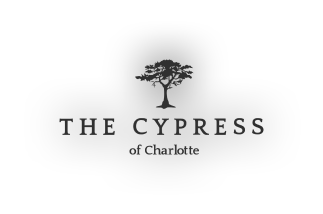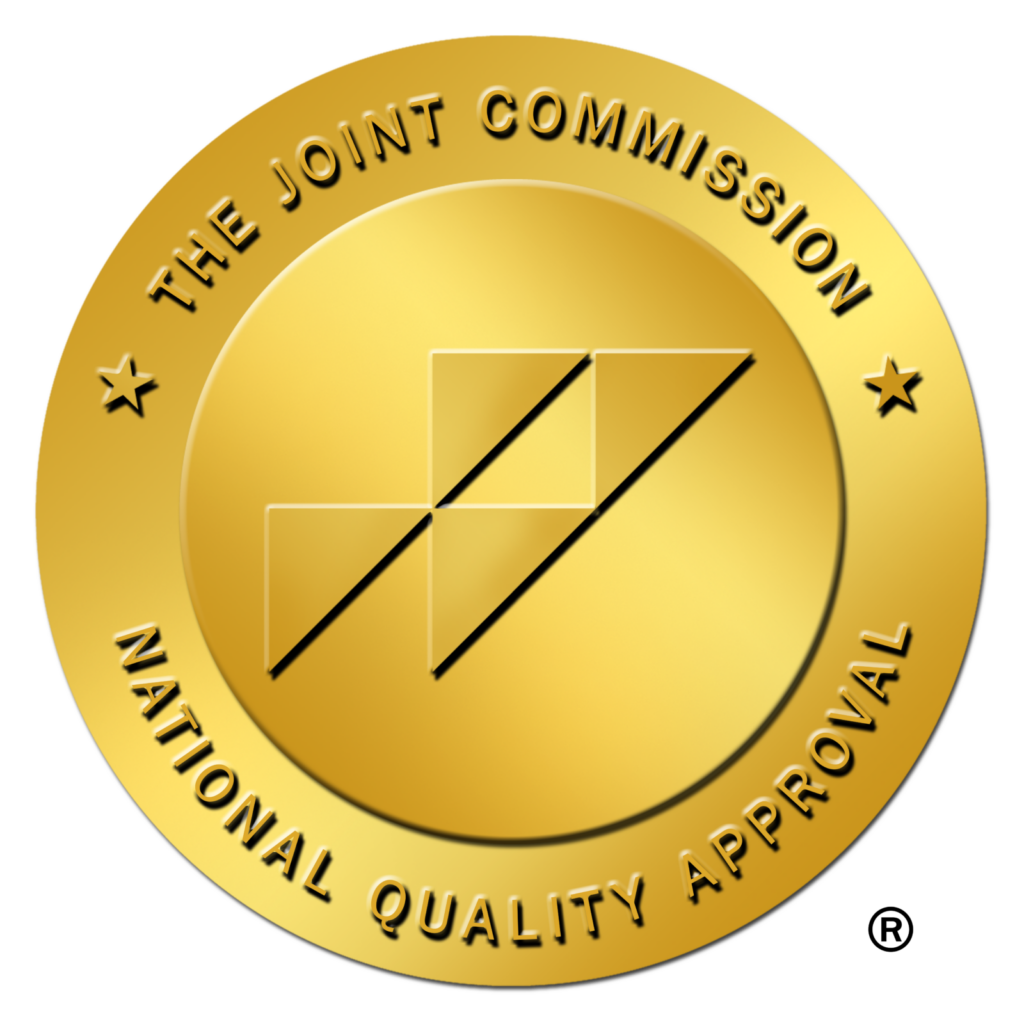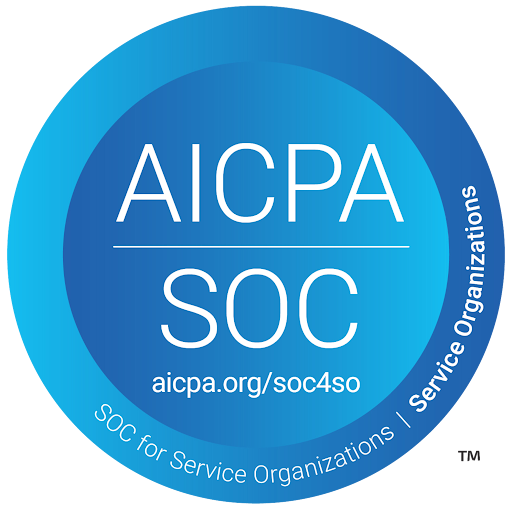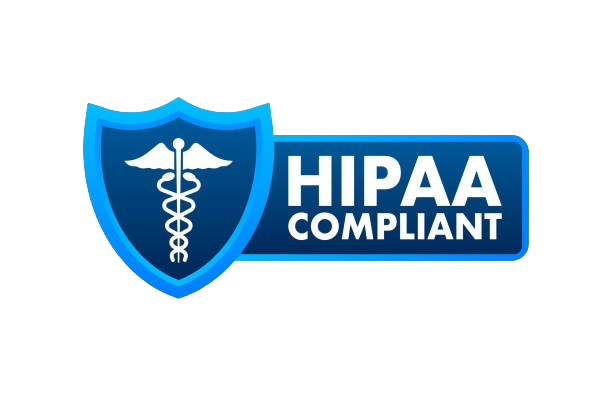Memory loss can be managed
Your in-home memory clinic for brain health and memory issues, including Alzheimer's and other dementias. If you're already thinking about it, it's time to talk about it.
Trouble remembering appointments?
Repeating the same behavior over and over?
Daily problems with thinking and/or memory?
Less Interest in Hobbies or Activities?
Don’t remember why you walked into a room?
Struggling to remember past events?
Trouble following a movie’s plot?
Misplacing items often?
Harder time avoiding scams and ads?
Struggling to understand the meaning of words?
No longer enjoying hobbies?
Struggling to follow instructions?
Trouble recognizing familiar faces?
Using a smaller vocabulary than used to?
Trouble keeping thoughts on track?
Trouble with managing finances?
Becoming more clumsy?
Struggling with getting in and out of bed?
Harder time driving without any accidents?
Struggling with planning a trip or running errands alone?
Struggling with use of hands for simple tasks?
Change in social skills or manners?
Struggling to remember recent conversations or events?
Using tools and utensils incorrectly?
Struggling to find objects in plain sight?
Trouble naming common objects?
Mixing up sounds or words when speaking?
Mixing up sounds or words when speaking?
More often regretting what was said?
Treating others with less kindness and consideration?
Relying more on lists or notes?
Harder time with simple tasks?
Difficulty with spelling?
Struggling with finding the right words or grammar?
Harder time recognizing landmarks?
Struggling with getting dressed?
Any out of control habits or behaviors?
Struggling with getting into and out of the car?
Trouble with expressing yourself?
Harder time using appliances and gadgets?
Bumping into objects more often?
Considering other people’s feelings less often?

Exceptional care by leading medical experts: you can access from home — today!
Are you noticing changes in memory or brain function?
To impact dementia, early diagnosis & ongoing care are vital
Assessment
- Neuropsychological assessment
- In-home risk assessment
- Evaluation and diagnosis by licensed medical experts
Treatment
- Medication reconciliation and management
- Personalized treatment plan
- Cognitive rehabilitation and cognitive behavioral therapy
- Regular check-ins with doctors to stay on top of your care
Ongoing support
CMS GUIDE Model
- 24/7 hotline and access
- Annual checkups
- Caregiver training and respite care
- Care management and referrals to community groups
We specialize in
Dementia
Aphasia
Memory disorders
Early onset Alzheimer's disease
Late onset Alzheimer’s disease
Progressive supranuclear palsy (PSP)
Memory loss
Brain health
Mild cognitive impairment
Mild behavioral impairment
Vascular dementia
Long COVID or post-COVID syndrome
Frontotemporal degeneration (FTD)
Lewy body dementia
Brain fog
Corticobasal degeneration (CBD)
Parkinson's disease dementia
Mixed dementia
What happens when you book
Say hi!
Book an appointment with your care coordinator (via phone) - your personal guide for the journey. We are available wherever you are.
Meet your care team
Meet your doctor and other professionals who have the time and expertise to make a difference from the comfort of your home.
Manage memory loss
We provide evidence-based and clinical guideline-recommended care, including cognitive therapy, CBT, and medications such as Leqembi and Kisunla.
The Isaac Difference
World-renowned
Team of medical experts, led by Harvard-trained neurologist Dr. Joel Salinas
Affordable
Covered by insurance
(including Medicare)
View our insurance provider network
Easy & Safe
Receive care from the comfort of home.
Immediate
No wait times – start today!

Not ready yet?
Start with a free information call
No cost & no commitment
Take our “Do I have dementia?” quiz
A quick test to discover the signs of dementia
Take a quick dementia risk assessment
Find out your risk of developing dementia
Founder & Chief Medical Officer
Dr. Salinas is a Harvard-trained neurologist, scientist, writer, and speaker. He is currently a Clinical Associate Professor of Neurology at NYU Grossman School of Medicine and formerly served as the Lulu P. and David J. Levidow Assistant Professor of Neurology. Before NYU, he served as an Assistant Professor of Neurology at Harvard Medical School and Massachusetts General Hospital, where he served as Clinical Director of the McCance Center for Brain Health.
Featured in












Our Coverage
Where we provide care

Covered by



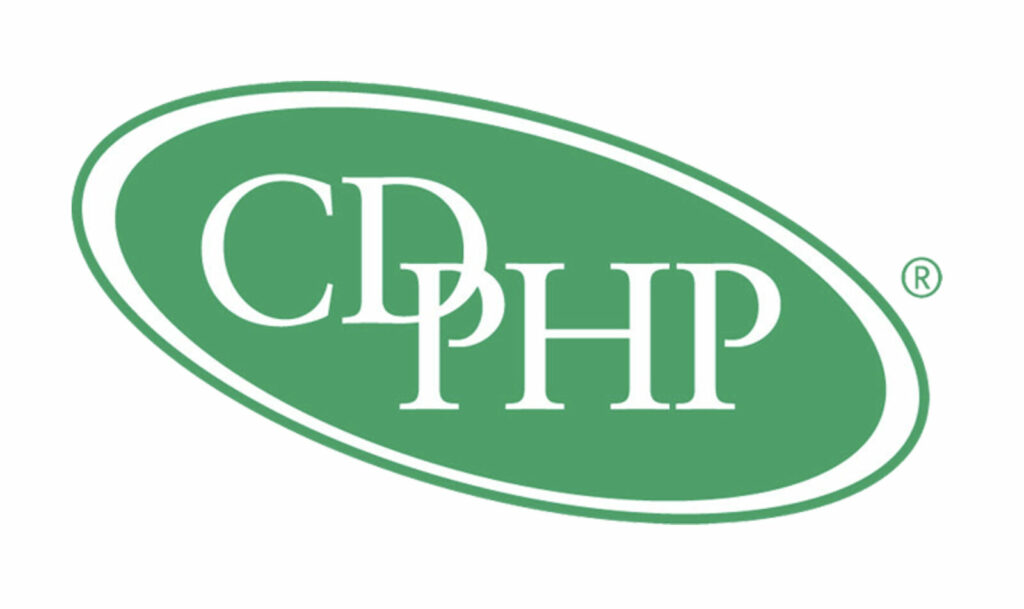







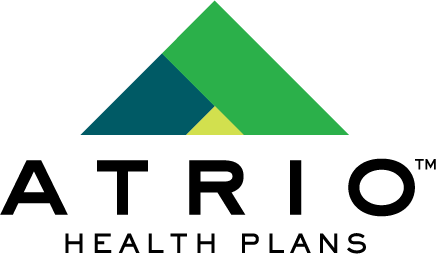
Don’t see your health plan above? Please still inquire – we take almost all forms of insurance as an out of network benefit.
Don't take our word for it
Everyone was very professional and at no point did I feel I was simply a subject or one of many to be seen and forgotten. I was able to ask thorough questions about everything I have been researching and my doctor was very knowledgeable about all of it. Doctors typically make you feel like medication is the solution, but I was able to get real feedback that put me at ease. It was overall an amazing experience and Isaac really can accelerate to give people confidence in their care and own mental state. I sincerely thank everyone at Isaac Health.
Thrilled to find Isaac Health. Waiting 6 months to get into a neurologist wasn't viable when trying to place mom into an assisted living community. Isaac Health was responsive, answered all our questions, and the best part: we were able to get her in right away to see Dr. Salinas. Thank you!
We had a great experience with Isaac Health. After months of trying different options and being on waiting lists for several memory clinics, my doctor and his team made everything so easy. We got a telehealth appointment for my mother a day after we booked. The team arranged all the diagnostics our local area. Now my mother is receiving cognitive therapy. I don't know how else I would have done this while working full time.
I was cautiously optimistic when a physician recommended that I contact Isaac, an online platform for connecting patients with the medical care we need. So, I was heartened when my early phone, email and virtual meetings with phone operators, outreach associates, a psychologist, and a nurse practitioner all bolstered my confidence in Isaac by being compassionate, efficient, and upfront about results and next steps.
Proven results
Improvement against
cognitive goals:
92%
of our patients in cognitive therapy are reporting an improvement against their cognitive goals in only 3 weeks
Delay in cognitive
decline up to:
3 years
Long-term
engagement:
70%
of patients are still engaged after 6 months
Trusted by
